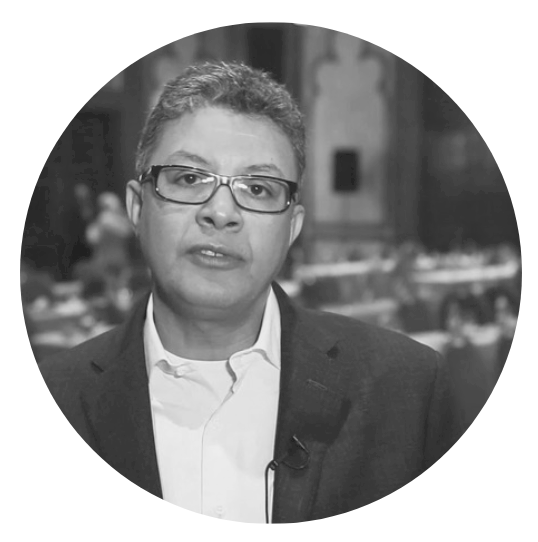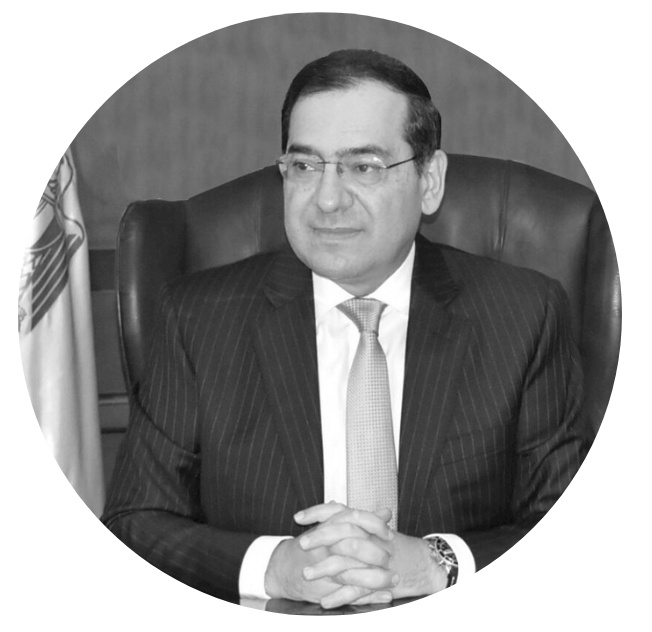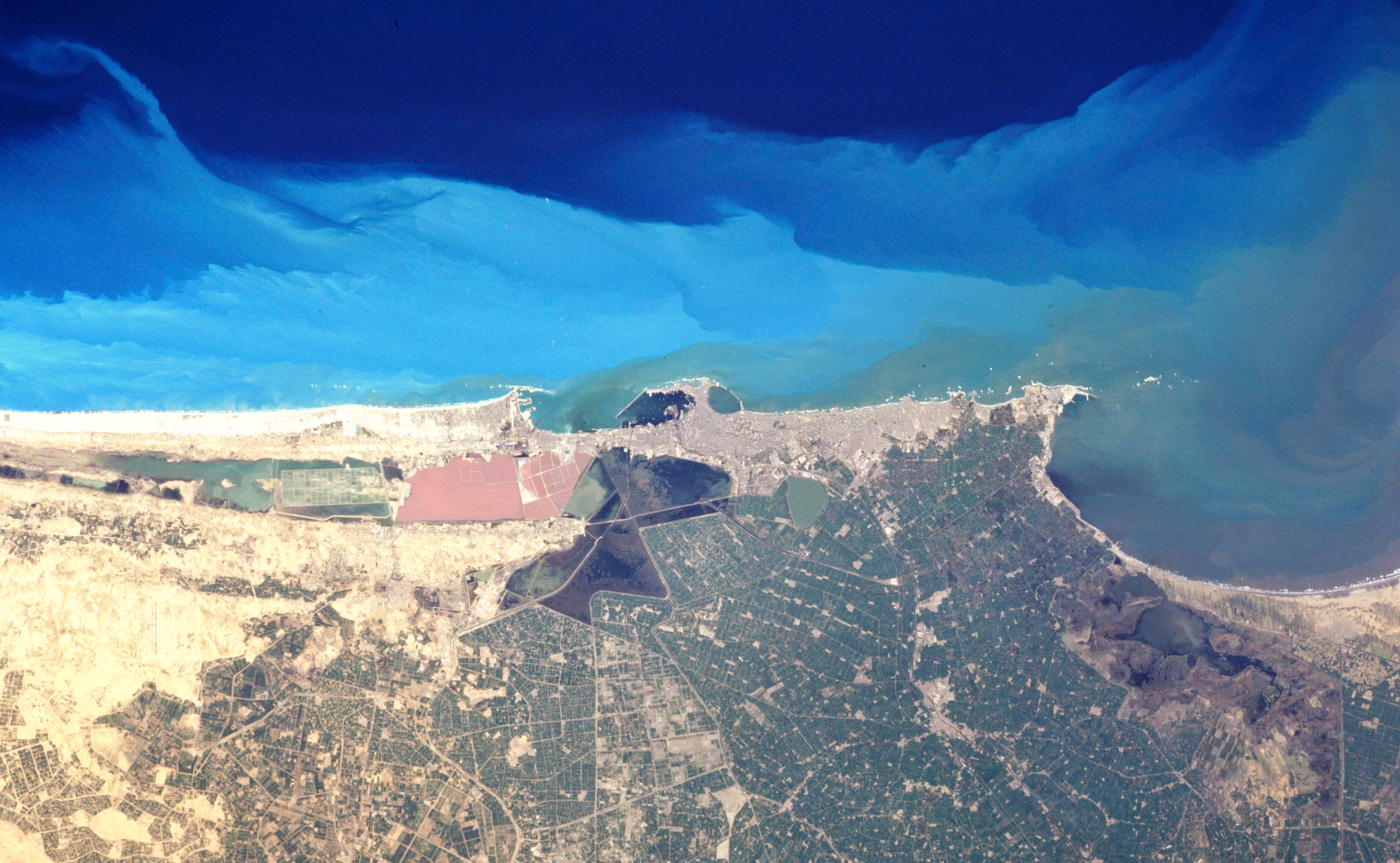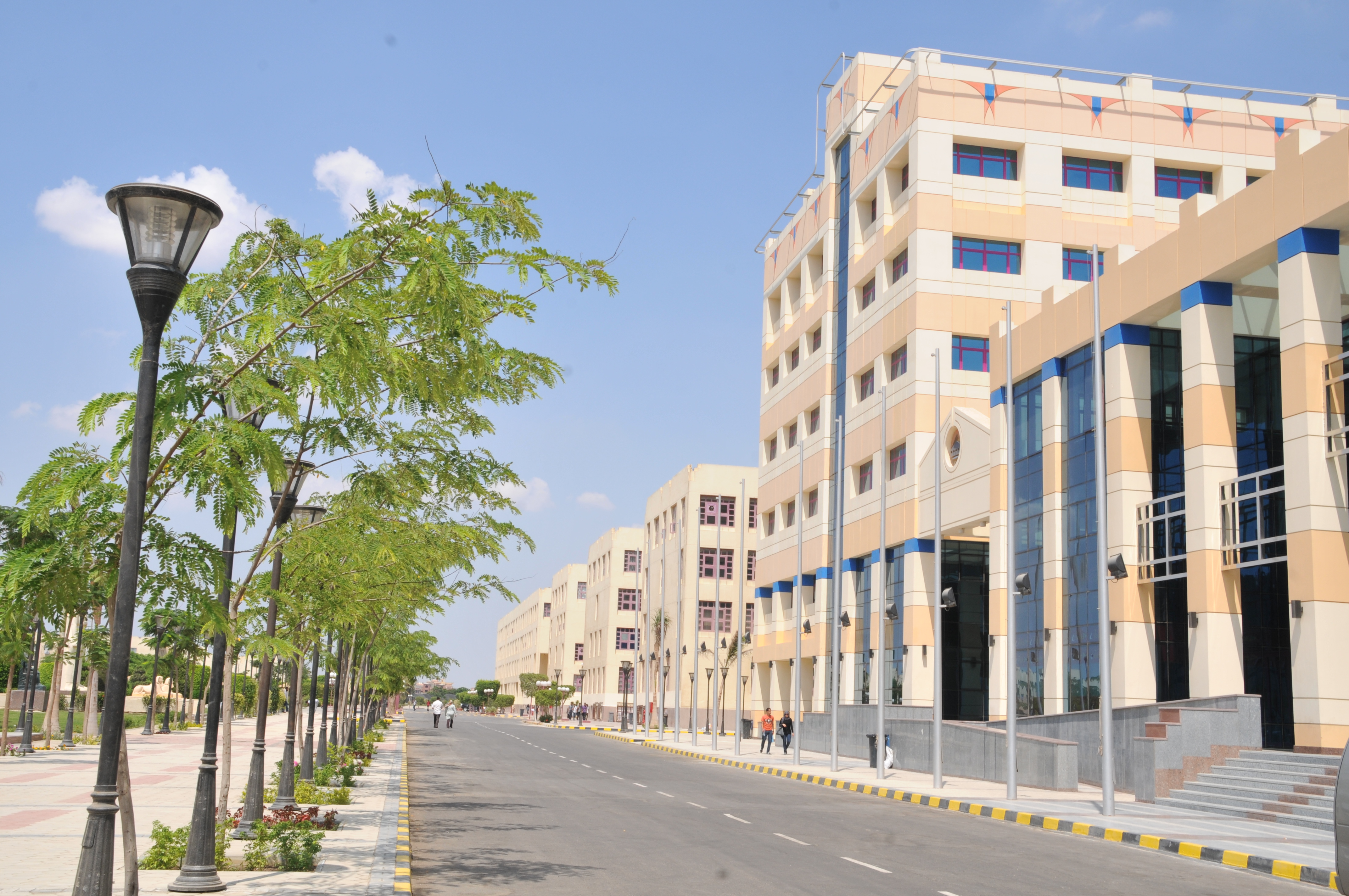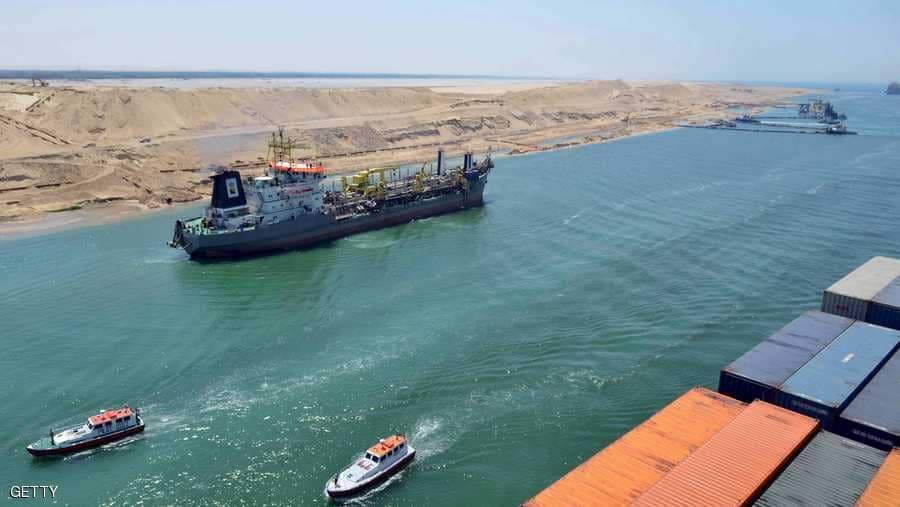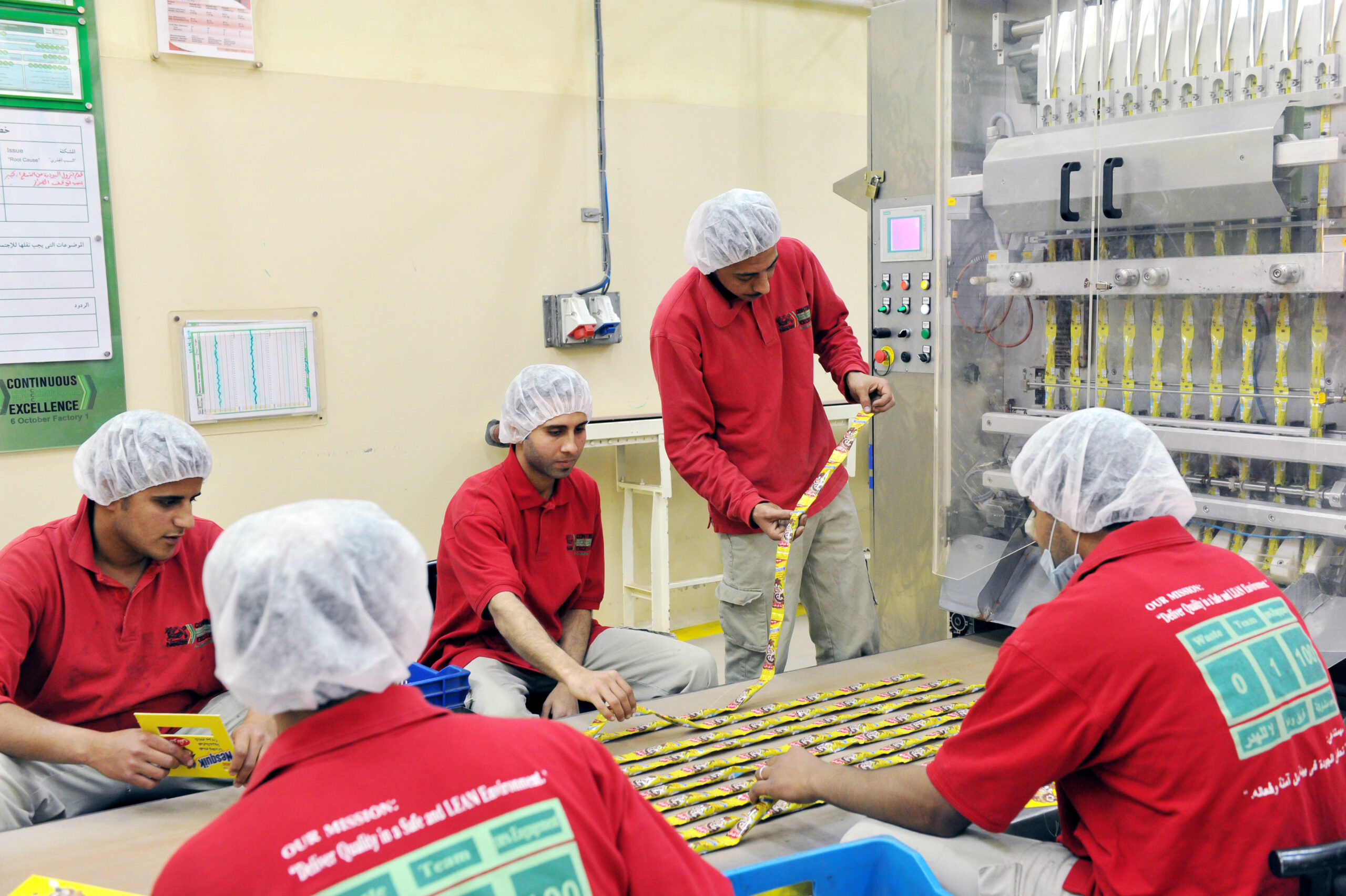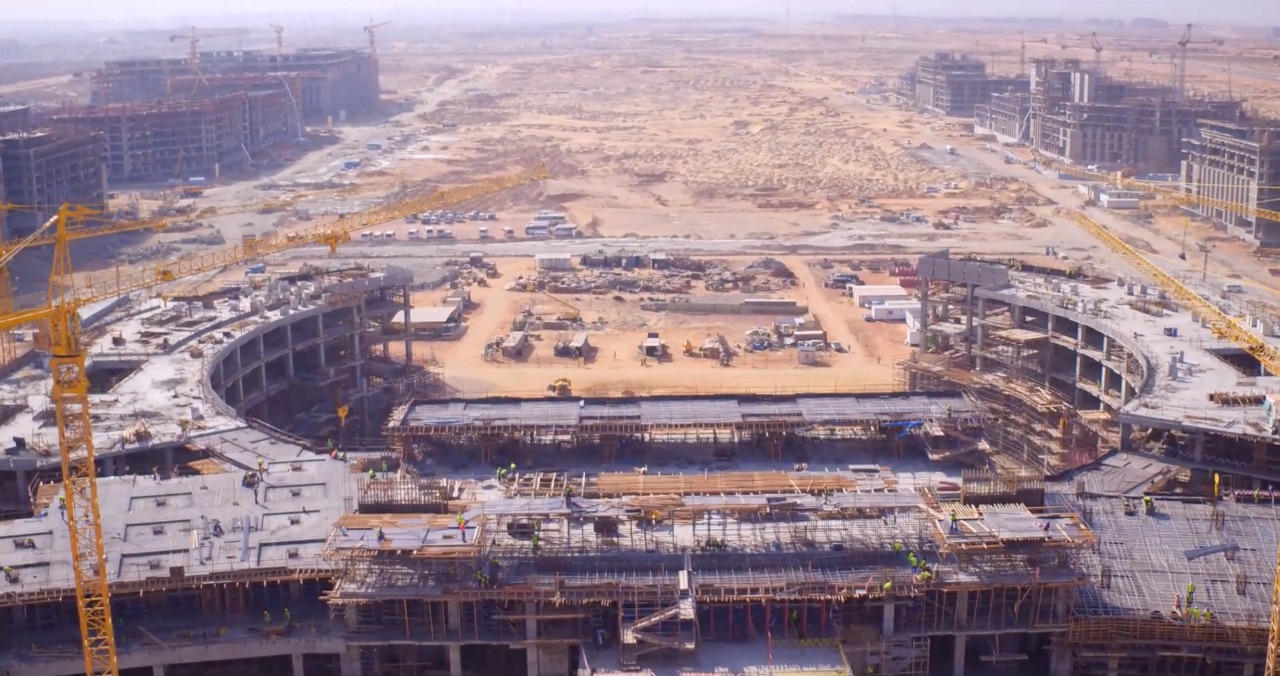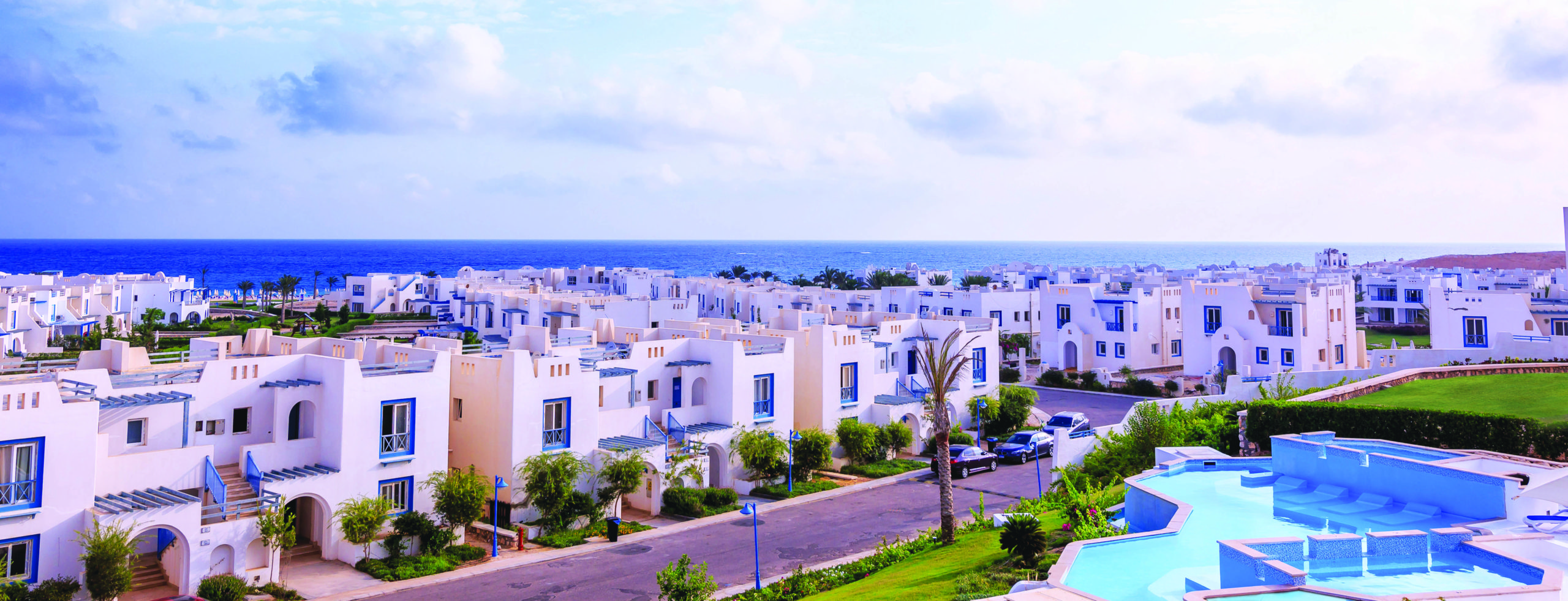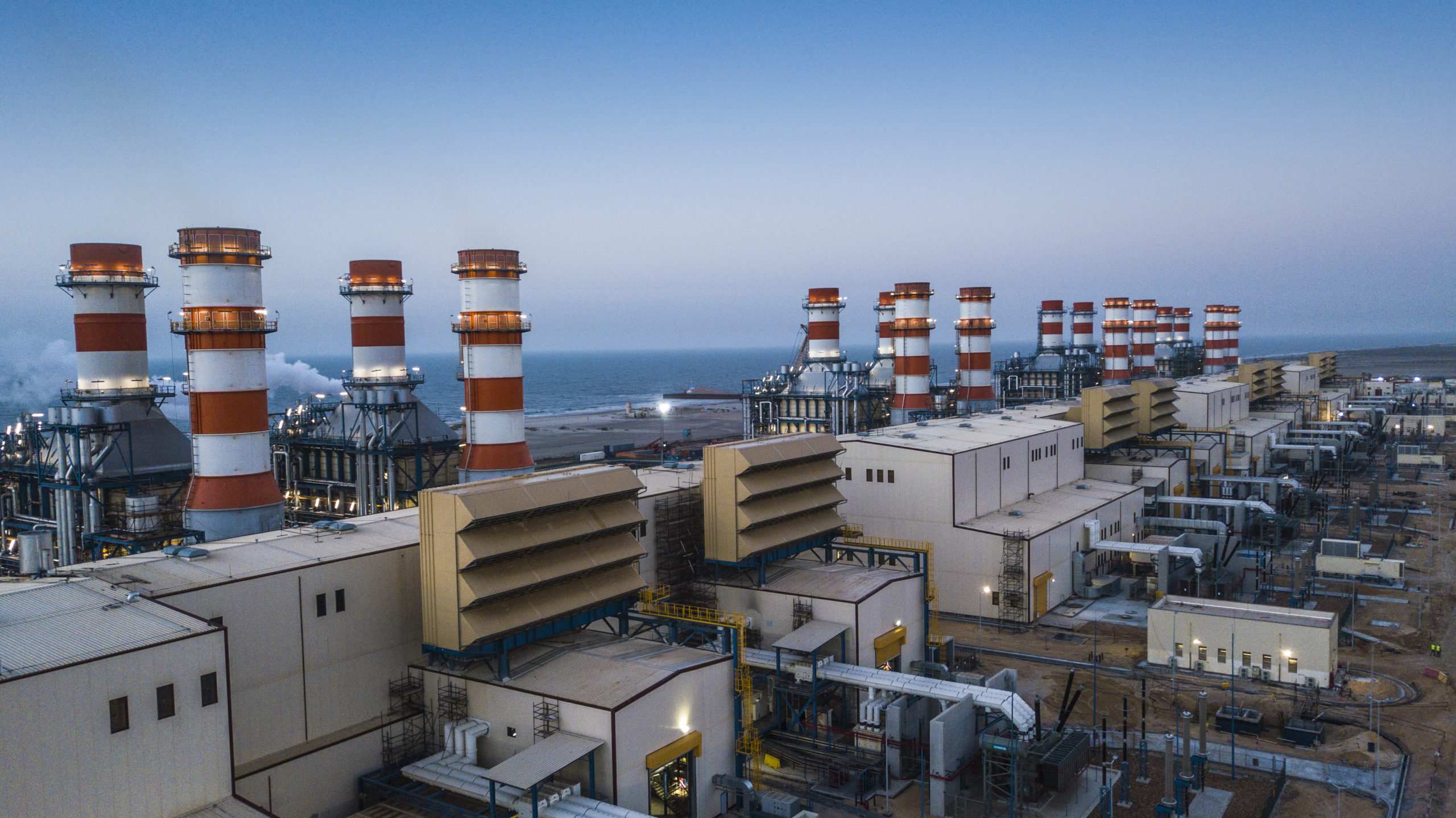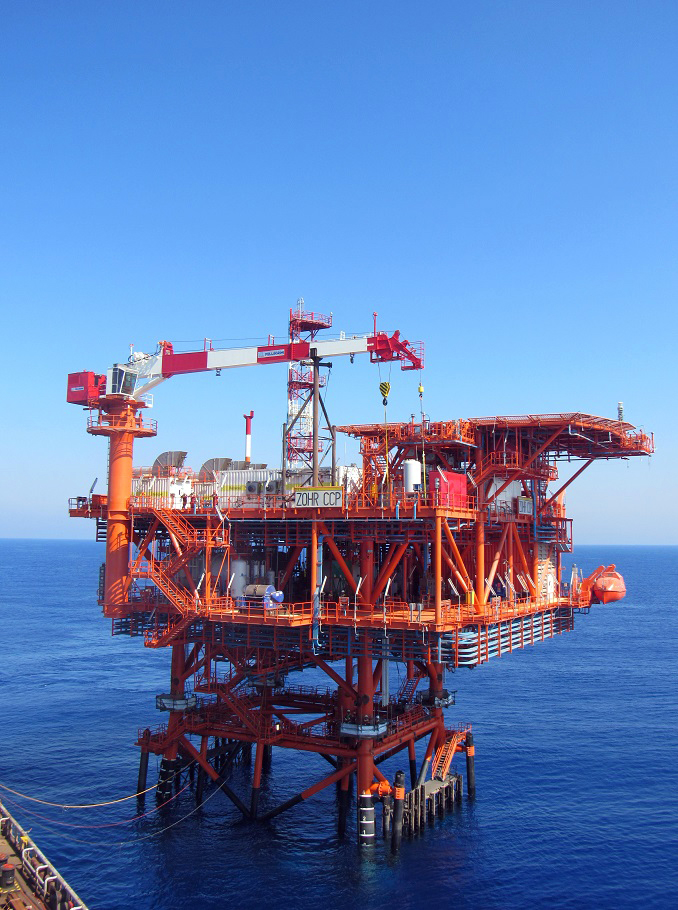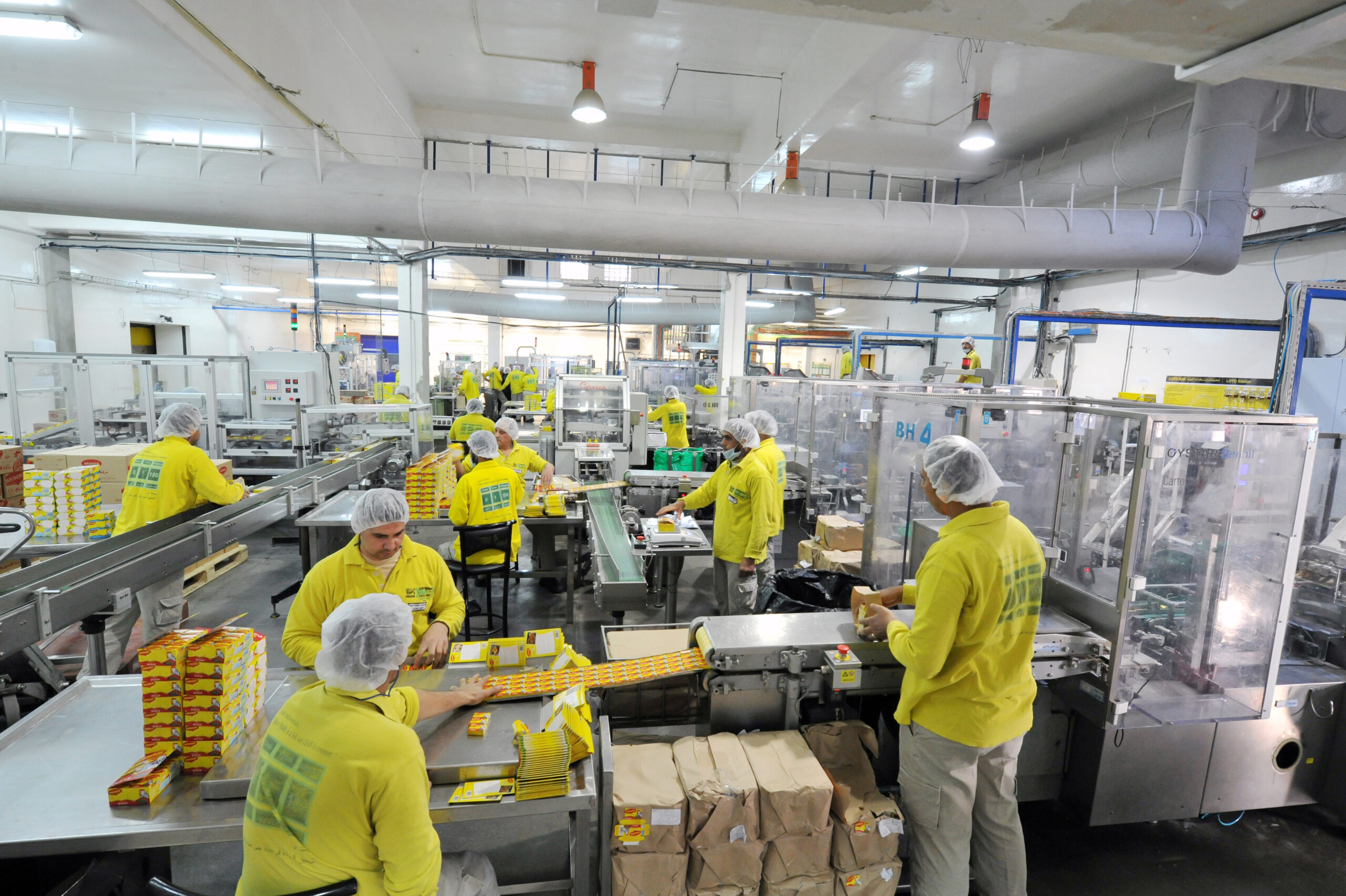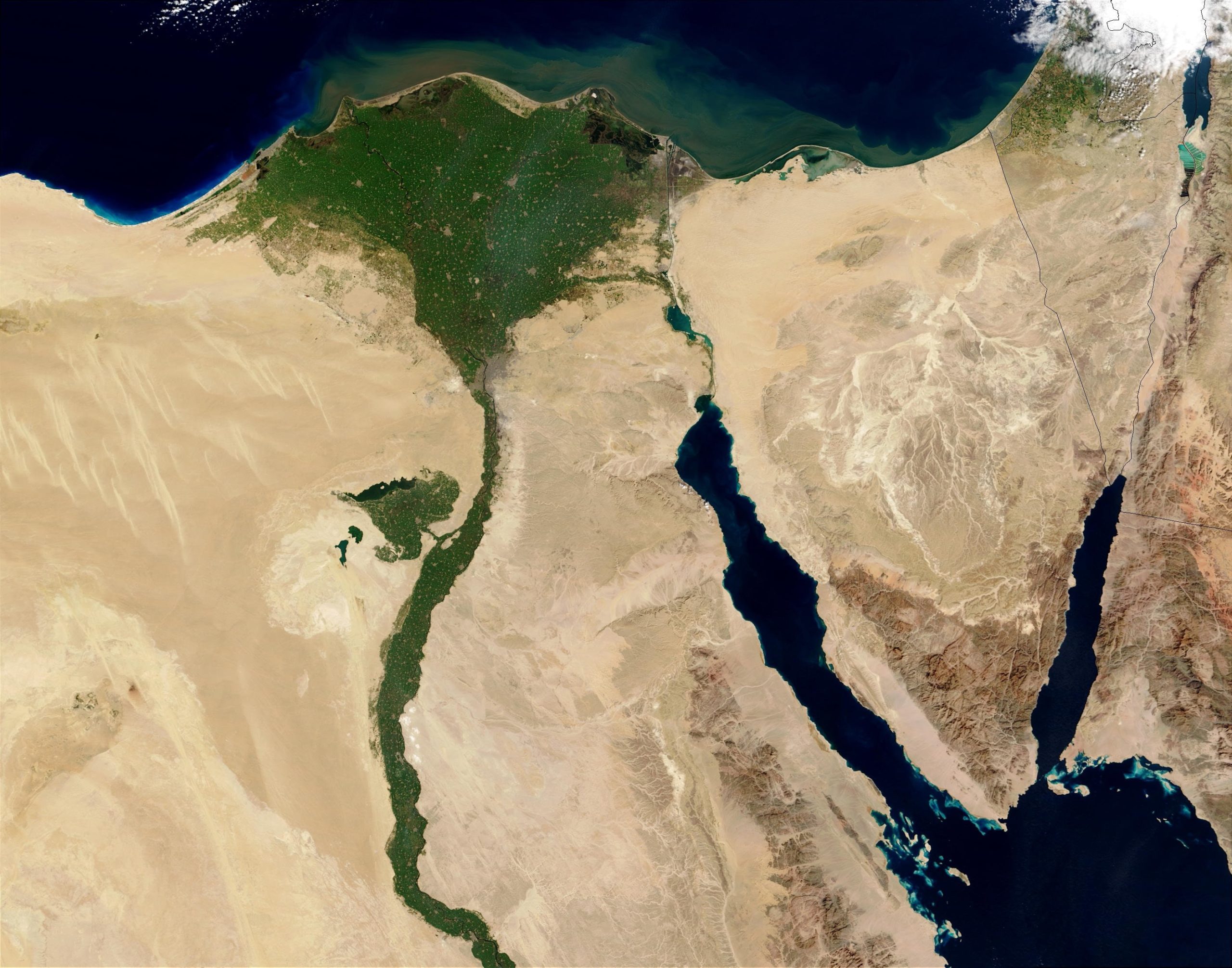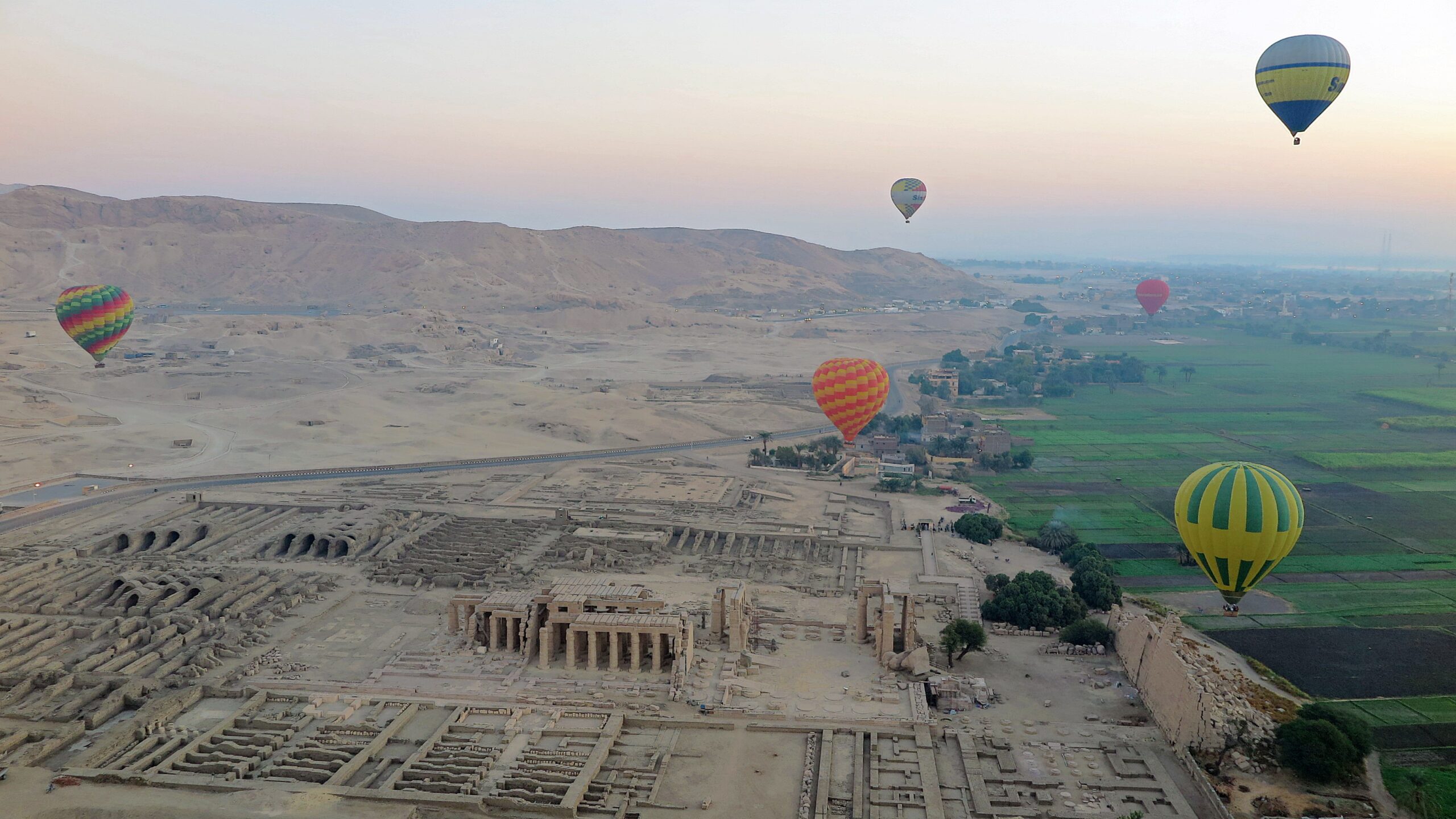Northern Ireland’s gateway to business, trade, and investment

Situated just south of Belfast, Lisburn and Castlereagh has evolved from its roots in Northern Ireland’s 19th-century Irish linen industry into a dynamic hub for global business and investment. With a strategic location and strong commercial sectors, the area offers compelling opportunities for businesses seeking to expand into the UK, Ireland, and Europe. Lisburn & Castlereagh City Council is cultivating a business-friendly environment and acting as a catalyst for economic expansion—supporting both long-established family-owned enterprises and a new generation of businesses.
A Prime Location for International Trade

Head of Economic
Development
Lisburn & Castlereagh City Council
“We’re at the crossroads where North-South and East-West meet in Northern Ireland. This offers significant advantages in terms of market access as a key business location,” said Paul McCormick, Head of Economic Development for Lisburn & Castlereagh City Council.
The district sits along the Dublin-Belfast Economic Corridor, providing seamless access to two capital cities and beyond, serving as a gateway for international trade. Businesses benefit from proximity to Belfast Harbour—Northern Ireland’s main port—and Dublin Port in the Republic of Ireland. Strong road and rail links further enhance connectivity, offering the area significant logistical advantages.
A Thriving Business Ecosystem
Lisburn and Castlereagh is home to an impressive range of multinational corporations and innovative enterprises shaping the future of industry. “Our established businesses have a global reach, with US parent companies operating locally and homegrown firms also expanding into the US. The region has a rich history of trade, and as a council, we are committed to fostering even greater international commerce,” McCormick added.
Among the region’s standout businesses is Coca-Cola’s only bottling plant for the island of Ireland. Smiley Monroe, a materials-handling specialist, has expanded into the US, while local company Kelman, a leader in diagnostics technology for electrical transformers, was acquired by General Electric after successfully breaking into the US market.
“Creative Composites, another global player based here, manufactures components for Formula One cars and the automotive sector. Our region has a deep-rooted tradition in advanced manufacturing, and we are committed to building on that legacy. We are a pro-business region—open, forward-thinking, and globally connected,” McCormick highlighted.
Lisburn & Castlereagh City Council is committed to fostering a supportive environment for investment by streamlining processes and reducing bureaucracy. To facilitate significant developments, the council assigns senior planners to guide key applications through the planning system. “This proactive approach has enabled hotel planning approvals in as little as 12 weeks and large-scale manufacturing projects within 16 weeks,” said Donal Rogan, Director of Regeneration and Growth for the council.

Director of Regeneration
and Growth
Lisburn & Castlereagh City Council
Strategic Investment Opportunities and Support
The council actively supports businesses through tailored investment incentives and financial grants. Companies investing in Lisburn and Castlereagh can benefit from several advantages. One of the most significant is access to dual markets, a unique post-Brexit benefit that allows businesses based in the region to trade freely with both the UK and EU markets. Additionally, Invest NI, Northern Ireland’s official investment agency, provides extensive support to foreign investors, offering financial assistance and guidance, research and development grants, and skills development programs to enhance business growth.
The council also fosters a business-friendly environment, a range of business support programs, business advice, and networking initiatives to help companies establish themselves and expand quickly. These initiatives ensure investors have access to essential resources, expertise, and infrastructure to be competitive in a global market.
Key Sectors for Growth and Expansion
Investors and businesses will find strong opportunities across several key sectors in Lisburn and Castlereagh. Advanced manufacturing and engineering remain central to the region’s industrial success, with strengths in precision engineering, industrial machinery, and materials handling. The growing technology sector supports innovation, while renewable energy, sustainability, and construction benefit from ongoing infrastructure investment. The food and drink industry prospers alongside a strong agri-food base, where exports connect supply chains across Europe and beyond. As well, a vibrant mix of professional services, retail, and hospitality contributes to a diverse and resilient economy.
Finally, real estate and commercial development present exciting prospects, with major regeneration projects underway, including plans for new business parks and commercial spaces. While some areas are already available for development, others are in the pipeline as part of the council’s growth strategy. These sectors collectively position Lisburn and Castlereagh as a prime destination for those seeking long-term growth.
Infrastructure Investments to Support Business Growth
Public sector investment is helping shape the region’s ecosystem. “We have land readily available for development and are actively working to secure more to be future-ready. One of the largest projects is the Maze Long Kesh development, a 380-acre site with enormous potential. Due to its historical significance, it falls under Northern Ireland’s central planning team,” explained Rogan.
Maze Long Kesh is one of Northern Ireland’s largest publicly owned development sites. While some areas are in use, including facilities for Air Ambulance, Ulster Aviation Society, and the annual Balmoral Show (the pinnacle agri-food event in Northern Ireland for over 150 years), much of its potential remains unrealized.
“Our council has secured planning permission for a privately led infrastructure project to enhance road access to this site. Alongside Maze Long Kesh, we have 75,000 square feet of land for employment purposes in Blaris. In addition, a new rail halt and park-and-ride facility at Knockmore Road is also in development, directly linking the area to the main Belfast-Dublin railway line. This is part of a broader infrastructure strategy to attract investment,” Rogan said.
Northern Irish Influence in USA
Lisburn has a direct historical connection to America through the prominent figure of Arthur Lee, a key American diplomat during the Revolutionary War. Lee, born in Virginia, had strong ties to Northern Ireland, particularly to the Lee family estate in Lisburn. He played a significant role in securing French support for the American colonies and was one of the signers of the Declaration of Independence. His family’s connection to Lisburn links the region to this pivotal moment in American history.
Another notable figure is Lisburn native Lyman Bloomingdale, the founder of New York City’s iconic Bloomingdale’s department store. “He later funded ships to bring Irish immigrants to the US,” McCormick shared.
The area’s longstanding Ulster Scots heritage has influenced communities along America’s Eastern Seaboard. “Many Ulster Scots and Irish emigrated to America, particularly in cities from Atlanta to Boston,” Rogan added.
Business and Leisure: A Balanced Lifestyle
While Lisburn and Castlereagh is an economic powerhouse, it also offers a high quality of life. Companies relocating benefit from a skilled workforce, excellent schools, and a mix of urban and countryside living. The area is home to the prestigious Royal Hillsborough, Northern Ireland’s only village with a royal designation, and historic attractions such as Hillsborough Castle.
The local whiskey industry also presents significant opportunities. “Hinch Distillery is an excellent example of great local Irish whiskey, and they are increasing their operations,” Rogan noted.
Lisburn and Castlereagh presents a unique opportunity for investors and businesses looking for a well-connected, business-friendly gateway to Northern Ireland and beyond. Now is the time to explore this thriving region’s potential.

